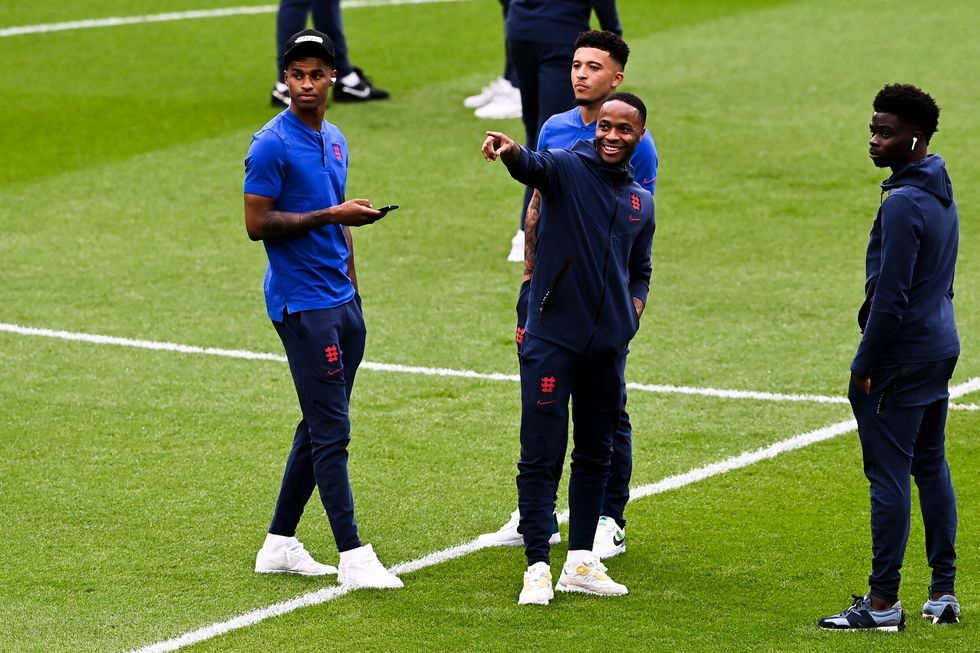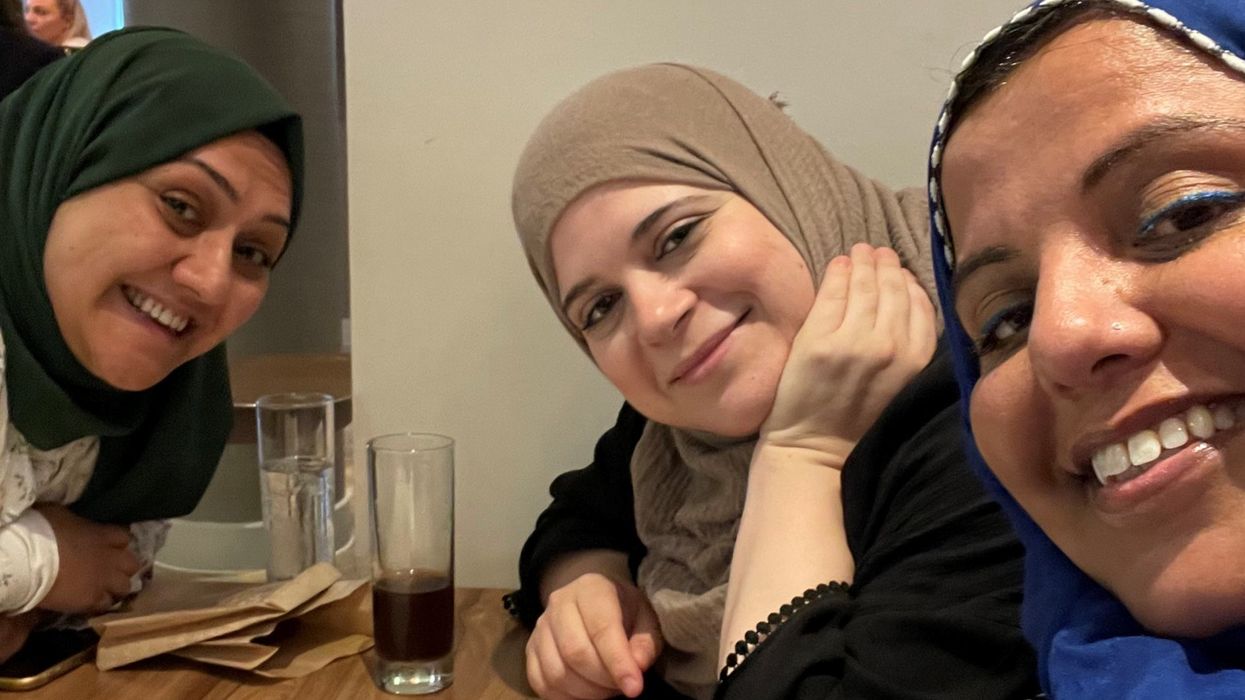ASIAN campaigners have urged authorities to take action against racism within football, as their viral petition to ban perpetrators permanently from matches in England garnered more than one million signatures last month.
Footballers Marcus Rashford, Jadon Sancho and Bukayo Saka were the targets of racial abuse and online trolling after they missed penalties in the European Championship finals in July.
Abuse directed towards the players was condemned by many, including England captain Gareth Southgate and the Duke of Cambridge.
Football fans Shaista Aziz, Amna Abdullatif and Huda Jawad set up an online petition calling on the Football Association (FA) and the government to ban “all those who have carried out racist abuse, online or offline, from all football matches in England for life”.
As Eastern Eye went to press on Tuesday (3), the petition attracted almost 1.2 million signatures. Aziz described the response as a “collective anti-racism movement”.
“We had a million people signing it within days, which is phenomenal, and extremely humbling,” she said. “But this is not a flash in the pan - this is about us building this movement. We want accountability from the FA and we want to know what they’re going to put in place to drown out the racists.”

Shortly after the petition went live, prime minister Boris Johnson said football banning orders (which can prohibit perpetrators from football grounds for up to 10 years) would be altered to include online racism.
However, Aziz, a Labour councillor for Rose Hill and Iffley in Oxford, wants more. She has urged the banning order to be put into place before the new football season starts in mid-August and has called for moves to implement an antiracism education programme into every club in the country.
Aziz, Abdullatif and Jawad (who have become known as the Three Hijabis) have also sought a meeting with the FA so they can discuss their campaign. Aziz said they are still waiting for the arrangement to be finalised.
Following the Euro final, Aziz predicted the backlash against the three players. “I felt devastated this would be the implication for them, that they would be subjected to a massive rise in racist attacks,” said Aziz, “and that’s exactly what happened.”
The Three Hijabis initially rose to prominence in early July, after they tweeted a photo thread of themselves watching England play against Ukraine in the quarter final.
The viral thread focused upon the importance of an anti-racist, inclusive England team and led to discussion around representation within the sport.

As a child, Aziz was a huge football fan - but cannot recall ever seeing any other fans from her background. “No one ever told me you can’t watch football, but I never saw anyone who looked like me or my family watching it,” the campaigner said. “I certainly didn’t see those players being represented on the pitch.”
Growing up in Oxford, Aziz lived directly opposite Oxford City’s football stadium, and she can recall watching the games from her parent’s bedroom. As she grew older, Aziz continued to engage with the sport, but became aware of a strong element of racism that existed in the game.
Later, Aziz moved to London and attended matches on her own. The experience was “terrifying,” she said. “I used to go watch England play at Wembley, and it was deeply unpleasant,” Aziz said. “It was very anxiety inducing for me, not just because of what was happening on the pitch, but because what was happening off it.”
Aziz feels change is occurring, though it is slow. The petition has sparked a multitude of discussions on representation and inclusion within football, she said.
Since the petition and the Three Hijabi’s tweet went viral, Aziz has been approached by many who feel the same. “One Muslim woman tweeted me to say her work colleagues had asked her about football, for the first time ever (after seeing my tweet),” she said. “One teacher contacted me to say one of her students, who happens to be a Muslim girl who wears a hijab, said the petition gave her hope. That was really powerful.”
An FA spokesperson told Eastern Eye they had reached out to the Three Hijabis following their petition and suggested a meeting to ensure they are kept updated about any ongoing work on this issue. There are hopes that a discussion will be taking place in early August.
The spokesperson said the FA will always take the “strongest possible action” against those proven to be discriminatory within a football setting. “However, it’s crucial to note that the FA only has jurisdiction over participants in the game and does not have jurisdiction over spectators nor online abuse,” they added. “This is why we continue to be extremely proactive in lobbying government on the Online Safety Bill and consistently urging social media companies to act faster to protect their users.
“We know that discrimination exists in society and often manifests itself through football, and only by working together across the game, with fans, government and social media companies to drive meaningful change, can we truly ensure the game is a safe and enjoyable environment for all.”
They also highlighted the FA’s three-year equality, diversity and inclusion plan, In Pursuit of Progress, which sets “clear and ambitious targets” to drive change within the organisation and across the game, focusing on initiatives to promote equality and increase the diversity of those playing, officiating, coaching, leading and governing English football.




